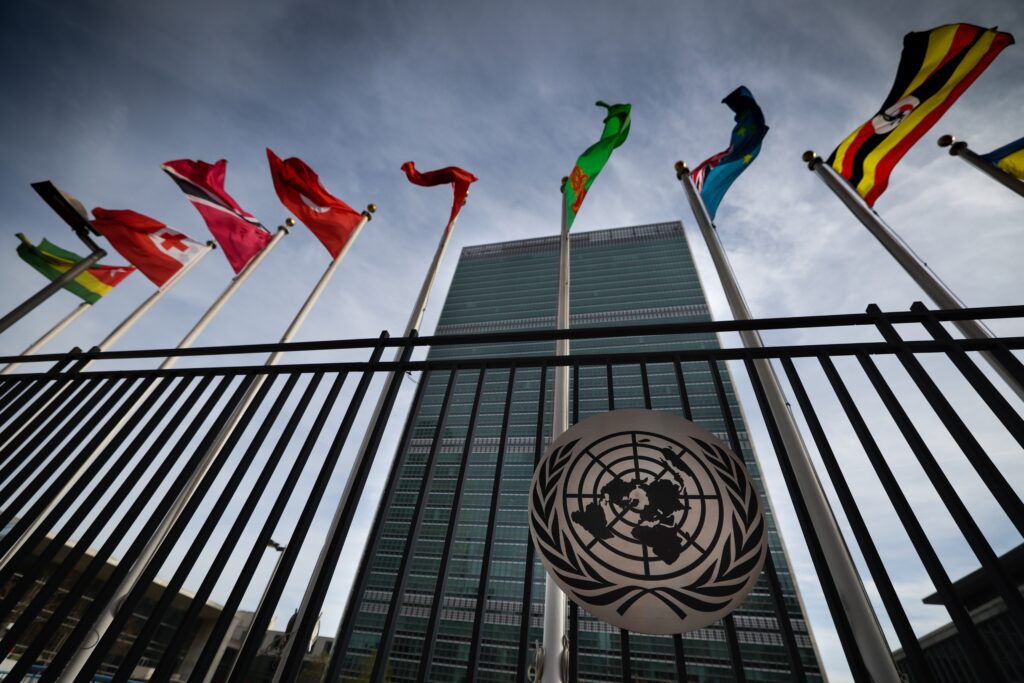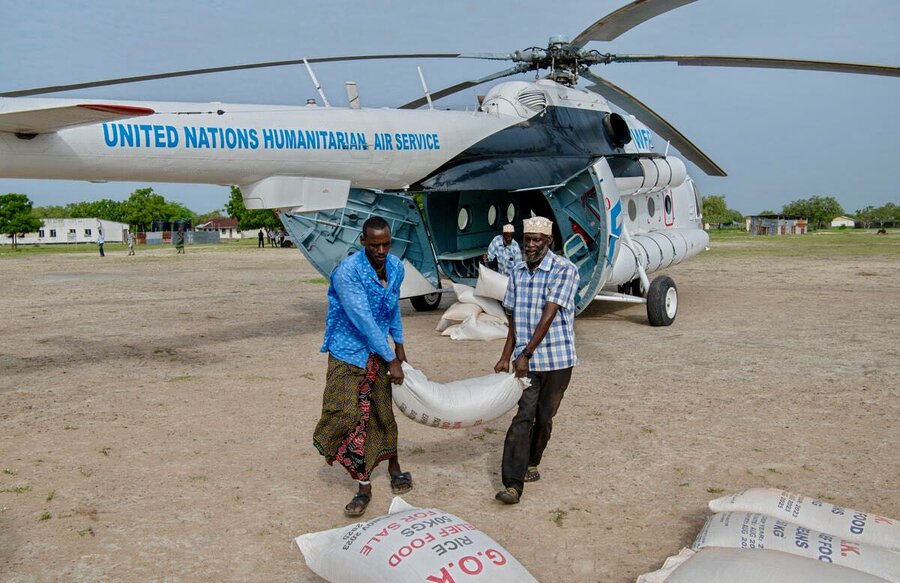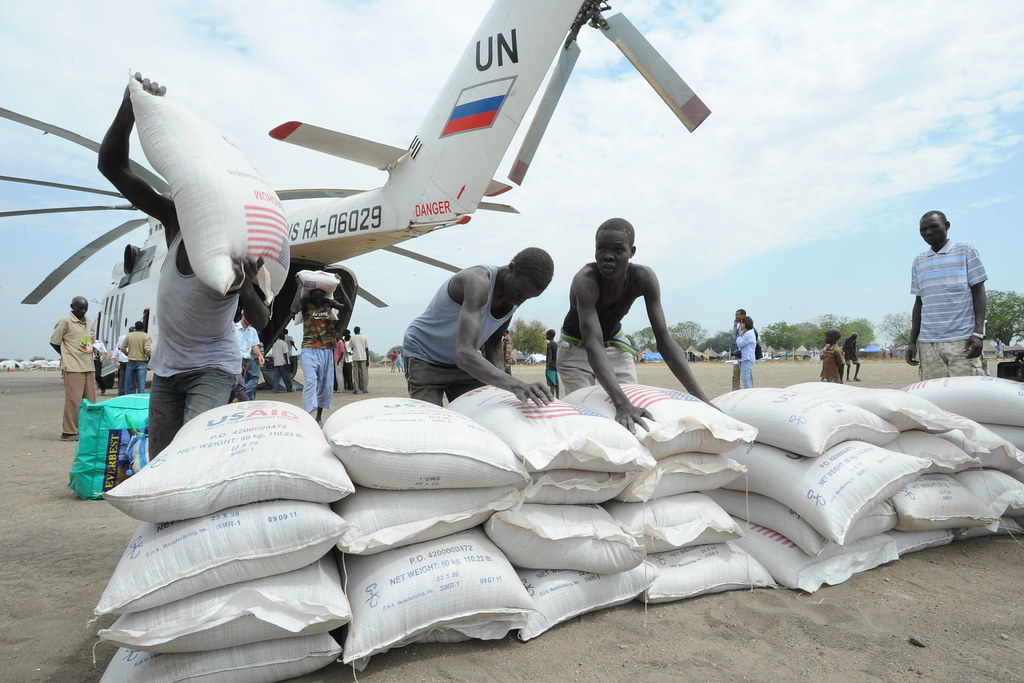Although we often talk about the important role the U.S. has within the United Nations, there are also countless ways the UN plays an essential role in the lives of regular Americans. As some on Capitol Hill seek to end America’s relationship with the organization we helped establish four decades ago, we wanted to share this often overlooked story of the value of the UN – one of American jobs, American economy and American security. Because even though the entire sum of U.S. contributions to the UN accounts for less than 1% of the federal budget, that small figure packs a big punch.
Here are a few ways U.S. engagement with the UN is making a material difference in our daily lives.
UN Contracts to Americans Create Jobs and Economic Development
In 2022, the U.S. was the largest supplier of goods and services for the UN, with total contracts exceeding a record $2.36 billion. Not only is this an increase from the previous year, but it’s also less than the U.S. pays in assessed dues for the UN’s regular and peacekeeping budgets – combined. From the more than $500 million in contracts pouring into New York to Maine’s $82 million in procurement, these investments equate to hundreds of jobs and a real economic boost.
The UN System Employs Thousands of Americans
With the highest percentage of staff across the organization, Americans occupy nearly 6,000 positions at the UN – a total that doesn’t include the thousands more who serve as contractors in adjacent agencies that work alongside the UN system. American diplomats also hold more leadership roles in key UN agencies than any other country, including UNICEF, the International Organization for Migration, the World Food Programme and the International Telecommunication Union.
UNESCO World Heritage Sites Boost Tourism and Economies
The U.S. established Yellowstone as a national park in 1872, kicking off a global movement to protect such areas as national treasures. A century later, Americans proposed – and was the first to ratify – the World Heritage Convention. This convention is embodied in UNESCO’s popular World Heritage Program, which designates sites of historical and cultural significance, including intangible cultural practices like forms of dance, art, cooking techniques, rites and rituals and so much more. The U.S. alone boasts 25 such prized destinations. And the value of a World Heritage Designation? On average, sites with the coveted plaque see a boost of at least $100 million each year in increased tourism and jobs that support local businesses, crafts, hospitality and the general tax base.
WHO Collaborating Centers Strengthen U.S. Based Health Research
Currently, 70 research organizations across 18 states and the nation’s capital are designated by the World Health Organization as Collaborating Centers. This status provides institutions with enhanced visibility around their primary research, access to broader funding opportunities that support that research, and greater recognition of the thousands of researchers employed by the centers. In return for the benefits of designation, Collaborating Centers serve as the backbone of WHO’s network of advisors that pursue research and development at the national level on behalf of the global community, thus informing the policies of the WHO and UN Member States.
The UPU Makes Sure Your Mail is Delivered
The Universal Postal Union is the primary forum for cooperation throughout the world’s postal services, setting international standards to make sure your mail is delivered intact and on time. The body also includes a standing committee with the International Air Transport Association – co-chaired by our very own American Airlines! – dedicated exclusively to airmail, coordinating the many logistical challenges of speedy, high quality delivery.
ICAO Coordinates Air Travel
Speaking of the skies, the International Civil Aviation Organization, which was founded in the Windy City through what’s become known as the “Chicago Convention,” ensures you’re able to safely share the skies with the 4.5 billion passengers who fly each year. They even set many of the standards used by the U.S. Federal Aviation Administration like security regulations, pilot licensing, emissions recommendations and much more. Oh, and have you ever wondered how those four-digit airport codes are decided? Yep, ICAO.




